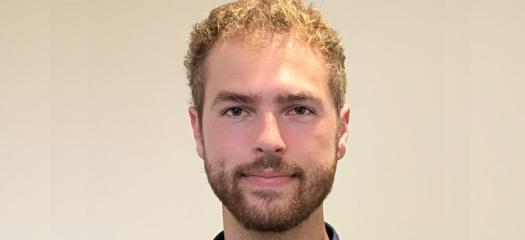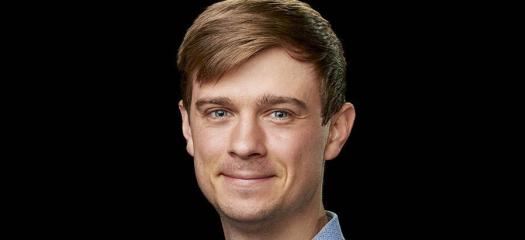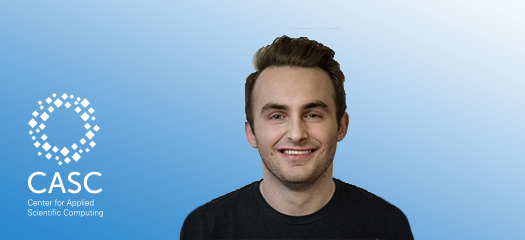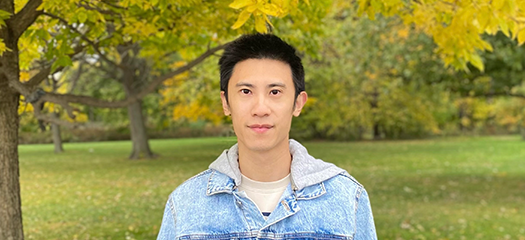Program
The Sidney Fernbach Postdoctoral Fellowship in the Computing Sciences is a highly competitive postdoctoral position that is awarded to candidates with exceptional talent, scientific track records, and potential for significant achievements in computational mathematics, scientific computing, computer science, data science, and/or AI for science.
The fellowship is named after Sidney Fernbach, former Director of the Computation (now Computing) Department at LLNL and one of the pioneers in high performance scientific computing. Fellows have the freedom to pursue their own research agenda under the guidance of a LLNL staff scientist who serves as a mentor. The fellows are expected to conduct their research in a collaborative, multidisciplinary manner with others in a team environment.
Why LLNL
LLNL is a premier research and development institution for science and technology applied to national security that has been a leader in scientific and high performance computing for decades. We conduct world-class, collaborative scientific research and development in high performance computing, computational physics, numerical mathematics, computer science, and data science.
Major research thrust areas include scalable algorithms and software for linear and nonlinear solvers, partial differential equations, adaptive mesh refinement, verification and uncertainty quantification, large-scale data analysis, scientific visualization, scientific machine learning and AI, performance tools, programming models, and compiler analysis. LLNL is home to a number of the most powerful computer systems in the world, including the exascale El Capitan system. The Laboratory is located in Livermore, California, the Eastern-most community in the beautiful San Francisco Bay Area.
Benefits
Fellows will receive a highly competitive salary, moving expenses, and a professional travel allowance. In addition, fellows will work in a cutting-edge, interdisciplinary research environment with accomplished researchers and will have access to Livermore Computing’s world-class HPC environment.
Terms of Appointment
Each appointment will be for one year with possible renewals for up to a total of two years.
The intent is that this fellowship is up to a three-year position. Technically, all postdoctoral positions at the Laboratory are one-year positions “with the possibility of extension.” Extensions are contingent on performance and funding.
Eligibility and Selection Process
To be eligible for the fellowship, applicants must have or will soon receive a Ph.D. in applied/computational mathematics, computer science, data science, or related computational science and engineering disciplines. Eligible candidates are those who have been awarded a Ph.D. at the time of hire date.
Although U.S. citizenship is not required for application, candidates should be well-versed on their current visa status (if any).
How to Apply
The application window is closed for 2026.
Timeline
- September: Application opens
- November 21: Application deadline
- November–January: Application reviews and finalists notified
- January–February: Finalists interviews
- March: Finalists notified
- August–October: Employment begins
Selection Criteria
Successful candidates will
- demonstrate creativity, exceptional ability, and superior knowledge in computational mathematics, scientific computing, and/or computer science;
- demonstrate the ability to conduct original and independent research through a track record of scientific accomplishment;
- present a clear research plan that identifies the importance of the proposed research and the relevance to the laboratory’s mission;
- demonstrate excellent communication and interpersonal skills; and
- demonstrate the potential for technical leadership.
We expect that most fellows would start within six months of receiving notification. Fellows will need to have been awarded a Ph.D. at the time of hire date.
Statement of Technical Interest
When writing your statement of technical interest, it is important to be succinct (no more than 6 pages) and remember to include a title. The committee that will be reviewing your statement is composed of scientists with backgrounds in applied mathematics, computer science, physics, and engineering.
Your statement should have an introduction that would be understandable to a broad audience but should also include enough detail to satisfy the experts. Most essential is a description of why this research is important, the advantages of carrying out this research at LLNL, and a description of the research plan.
The fellowship gives you freedom to pursue your own research agenda, so the selection committee wants to see that you have a clearly defined research plan. The more specific you can be, the better. Identify why the research is important (in general) and relevant to the Lab, how you will approach the problem, the methods you will use, the expected results, and risk mitigation strategies. We encourage applicants to explore this site and the LLNL website.
In addition, candidates are encouraged to identify LLNL researchers with whom they are interested in working; communicating with these staff members prior to applying can significantly strengthen your statement of interest.
When applying, please add your statement of technical interest in PDF format on the second page of the application forms using the "Additional attachments" feature.
Reference Letters
Once your application has been submitted, you will receive an email from xref.com with instructions for how to submit your references and request letters of recommendation. Please follow these instructions carefully, as these letters are a critical part of the committee's evaluation of applications.
We highly recommend that you contact these references prior to submitting your application to confirm their availability to provide us with a letter on your behalf. Application packages that do not include all reference letters by the deadline will not receive full consideration.





